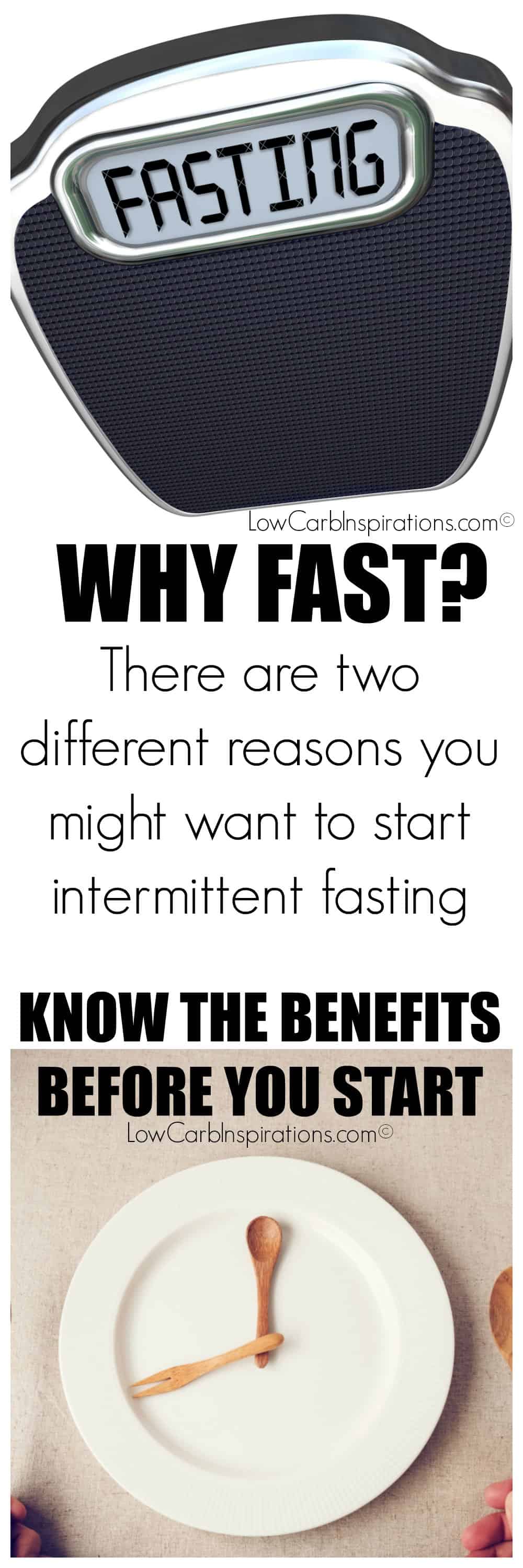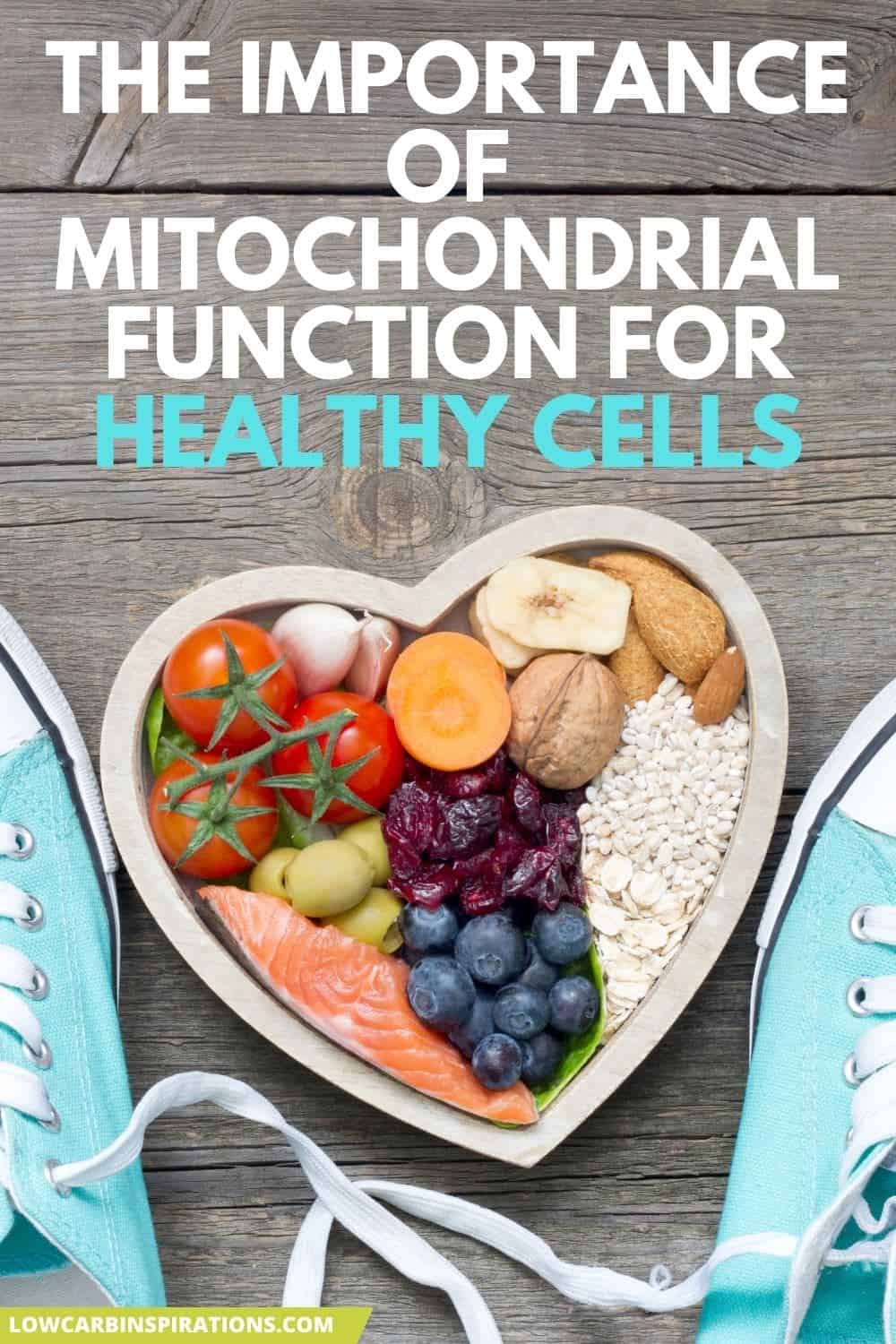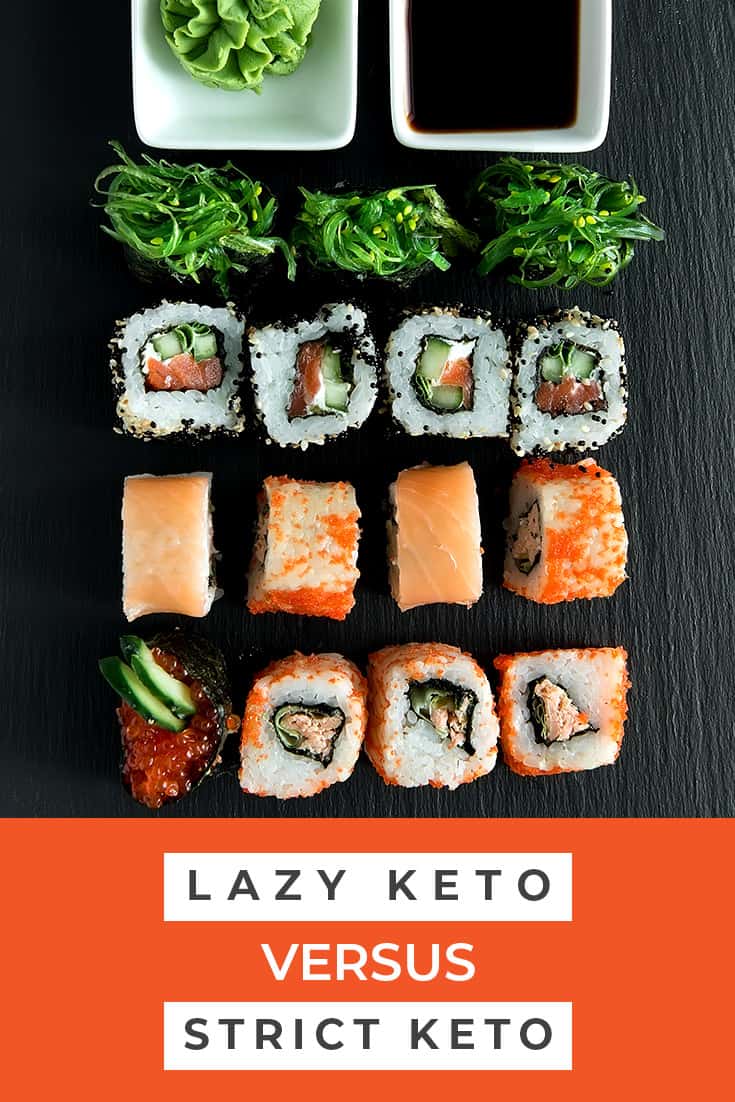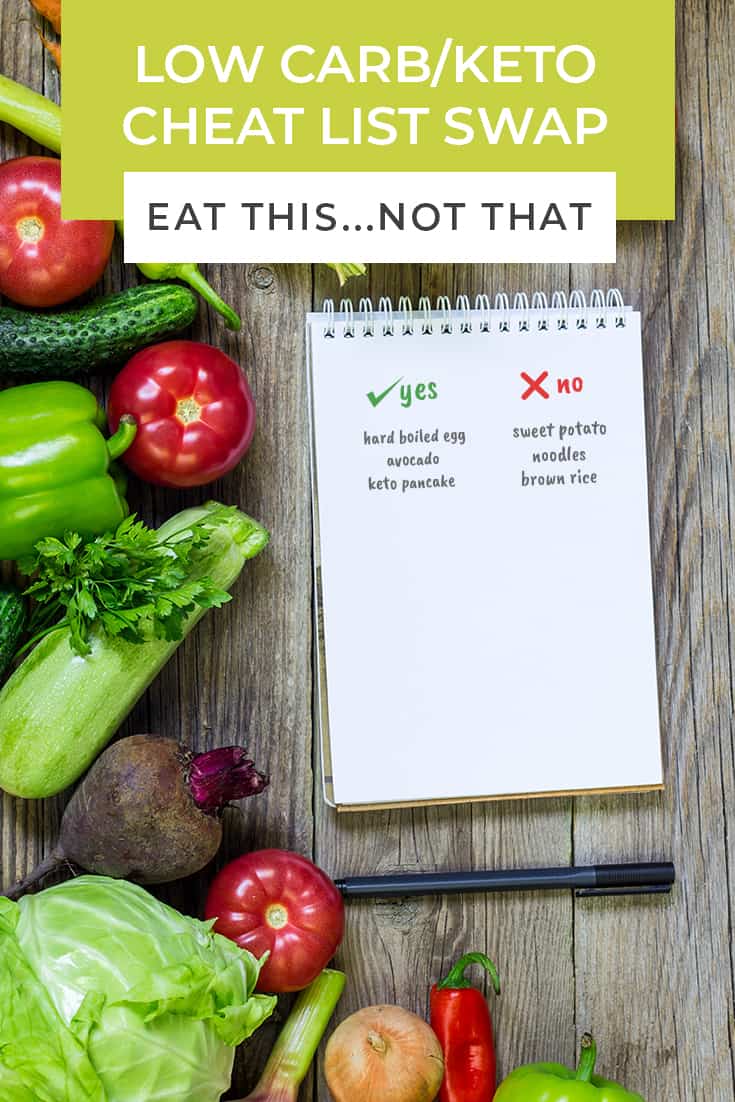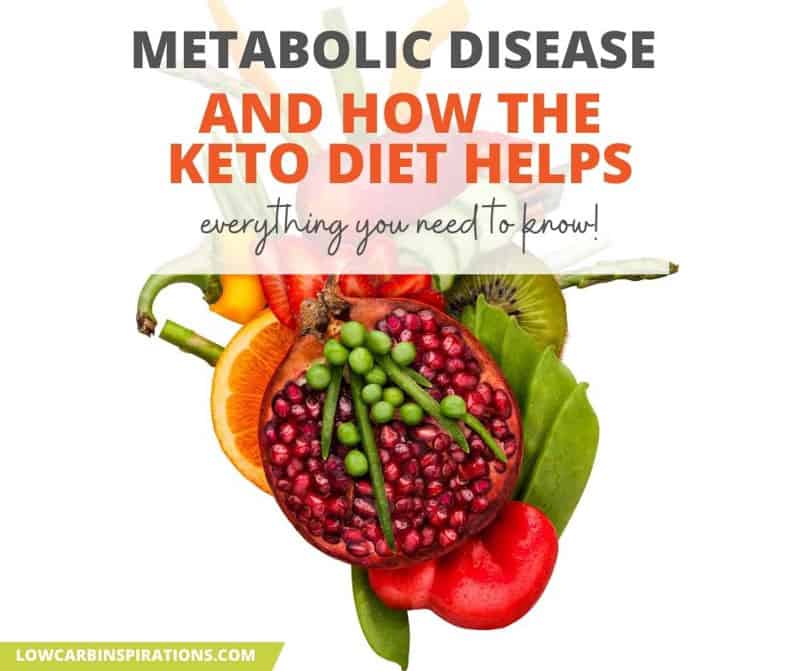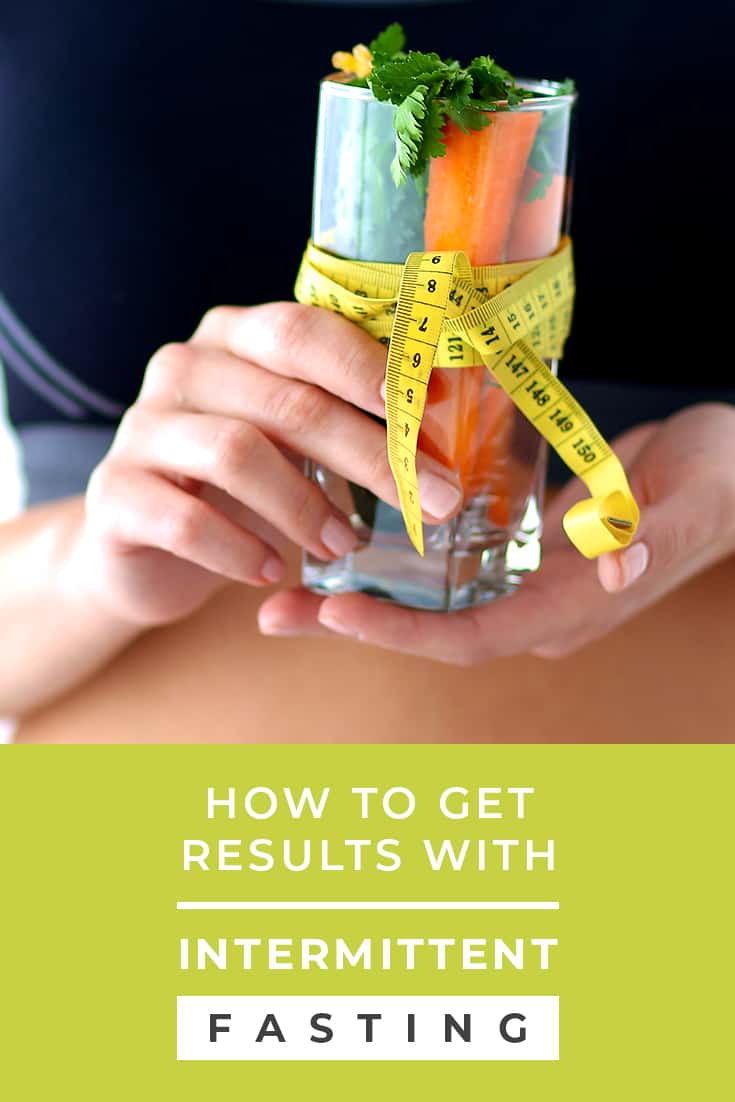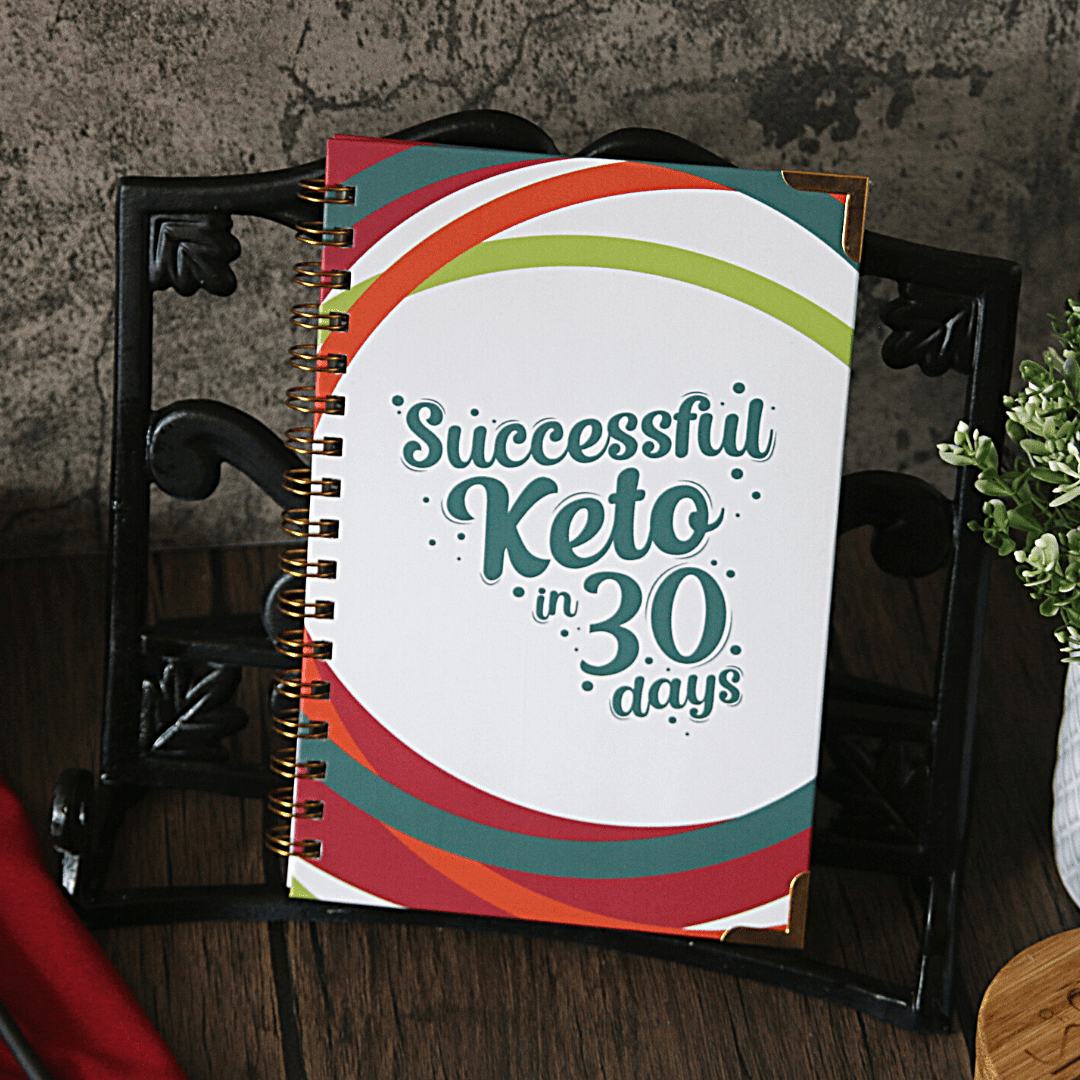Autophagy and the Benefits of Intermittent Fasting
Autophagy and the Benefits of Intermittent Fasting
Intermittent fasting is such an important part of losing weight for many people. The truth is, you need to know how to do intermittent fasting correctly. If you don’t know what you’re doing, you may just be wasting your time.
The great thing about intermittent fasting is that you have two options or different goals for fasting. Depending on your goals, you can pick and choose which fasting option you want to do: Option 1 Fasting or Option 2 Fasting. You could pick Option 1 on Monday and then change it up the rest of the week between both options!
Keep reading to discover Option 1 and Option 2 of Intermittent Fasting. Knowing the options can help you decide which one you want to do to help you get to your goal.
Option 1 Fasting
For option one, you’ll be focusing on insulin regulation. Most people who are opting for option 1 have the goal of losing weight, focusing on health, or for focusing on their wellness.
Option 1 Fasting can also bring about some other positive healthy results. You may do this option if you are trying to maintain a healthy appetite. Some positive side effects of this type of fasting are that you also are able to reduce your inflammation. I know a lot of people also opt for Option 1 of Fasting because they just don’t want to have to deal with eating ALL the time.
Option 1 Fasting Details
Choosing to fast with Option 1, means that you should know a few details. Did you know there are actually foods out there that do not give an insulin response? It’s pretty cool how our bodies work.
The main goal of Option 1 is that you don’t want an insulin response from the food you’re eating. Fat is a food that does not have an insulin response. Which is why you can have a fatty drink while fasting and still be okay!
The whole point is that you are regulating your insulin and not spiking it. Keep in mind that even healthy foods can give you an insulin response, which is why you have to avoid the majority of them during Option 1 Fasting.
Here are tips to keep in mind during your fast.
- Try to go between 14 hours and 24 hours without eating any solid food. (Don’t forget that you can have fatty drinks).
- When you’re feeling hungry, during the Option 1 Fast, it’s wise to have a cup of fatty coffee.
- In order to keep your insulin levels balanced, you want to avoid any caffeine in your coffee. When you drink coffee, it’s common for your body’s cortisol to rise, which can result in your insulin spiking.
- It’s wise to not have any sweetener in your fatty coffee. Some would say that Stevia is okay, but you may have to play around with it to see if it raises your blood sugar.
Non-Coffee Options for Option 1 Fasting
- Drink water with lemon juice
- You may want to try herbal tea of some sort
- Heated bone broth with coconut oil and a bit of salt
You may find that you can actually go longer without needing help from Fatty Coffee or Lemon Water. Women post perimenopause can usually go longer without eating or using a fatty substitute. Women ages 20 to 50 may find that they need those Fatty Coffees to help get them through.
Option 2 Fasting
I personally love that there are two options for fasting. Let’s be honest, the more options, the better! Option 2 Fasting brings about different results and has different goals. Option 2 Fasting is when you are trying to do a cleanse. This type of fasting also has many cognitive benefits. I’ve found that Option 2 Fasting allows you to reduce the signs of aging and may even help with cellular regeneration along with all the benefits of option 1 fasting, it goes a bit deeper to offer even more health benefits.
Or option number two, you are wanting to fast for cleansing, cellular regeneration, cognitive benefits, weight loss, insulin resistance, to reduce the signs of aging, plus so much more…
Option 2 Fasting Details
When you want to cleanse, you want to reach a phase in your body called autophagy. The only way that you can reach this stage is when you are only drinking water and not eating anything.
The process of Autophagy actually allows your body’s cells to regenerate, which is great. This does mean that you cannot have any fatty coffees when you’re fasting.
Option 2 Fasting is simple enough to understand because this means you’re not eating at all. You will go anywhere from 14-24 hours (or longer) without eating. When I do this type of intermittent fasting, I consume only pink Himalayan salt and water only.
During that period, your body will go through Autography, which will allow cells to go through a cleanse. Drinking water will help your body regenerate as well.
Here are some other thoughts to keep in mind during Option 2 Fasting.
- You won’t count your calories on days you fast under 24 hours. Simply eat whole foods until you are full. Basically, you are skipping meals.
- When you are fasting, your body will naturally eat less.
- Not eating enough + fasting can equal not great things for your body! Please make sure you’re eating enough during the meals you choose to eat.
- Being in a Fat Adapted state to help you get thru the fast much easier because you are fuller longer.
Keto Diet and Intermittent Fasting
Personally, there was no way I could have survived a fast of any amount of time without doing a ketogenic diet first.
I would highly recommend doing the Keto diet for at least 6 or 7 weeks before attempting any sort of intermittent fasting into your routine.
If you are not fat adapted, you would have to fast a total of 3 days to get the benefits of being in a fasted state a Ketogenic diet than a fat adapted person would get from only being fasted for a total of 12 hours.
A word of warning, if you are not fat adapted before fasting, this could be a very painful experience for you.
I personally change up my fasting times depending on my goals for the week. I might fast for 16 hours 2 or 3 days of the week and then do a fast for only 12 hours the rest of the time. I am on a weight loss journey so I let the scale, or how I feel, determine my intermittent fasting goal for that day.
Here’s one of the best hacks I found while fasting: try sucking on pink Himalayan salt rock to help you get through some of those hunger pangs! It really works. I always carry Pink Himalayan rock salt in my purse when I’m on the go.
What Does Autophagy Mean?
Just a few months ago I didn’t know what Autophagy meant. “Auto what,” I said. I quickly learned how very important this process was to my health journey. We’ve been told for years to eat very small meals to help your sugar levels from getting too low, among other ridiculous practices to help aid in our health issues. None of them are true. Dr. Yoshinaori Ohsumi received the Noble Prize for figuring out the mechanisms for autophagy. But Dr. Christain De Duve received the 1974 Noble Prize for being the first person to discover autophagy!
The term “autophagy” simply means to eat thyself.
Auto = self
Phage = to eat
Dr. Ohsumi discovered when we stress our bodies and reduce calorie intake or starve, cells breakdown and regenerate. I like to think of it as a detox for your system!
When we fast, our cells live longer and produce more energy. The liver will recycle these cells with special enzymes to convert these old cells to new cells with Lysosomes. Bascially turning those garbage cells to amino acids.
Basically, in easy to understand nonscientific terms, when you do a minimum of a 12 hour (water and salt only) fast, your body can start to get the benefits of autophagy. There is no measurement for autophagy but I personally, have experienced a large boost in energy when it happens. If you are really in tune with your body, you will know! The longer you fast, you are guaranteed to reach autophagy. Dr. Jason Fung and Dr. Annette Bosworth have also gone into great detail to explain how autophagy works within your own body.
If you’ve followed along with my journey, you have probably seen the videos I’ve done with Dr. Annette Bosworth in the very beginning of my own intermittent fasting journey to help aid in my weight loss journey.
You can catch all the replays of those doctor consultations here: Intermittent Fasting for Weight Loss
Books on Intermittent Fasting and the Benefits
There are two books I would highly recommend you get if you are interested in learning more about Intermittent Fasting.
ANYWAY YOU CAN by Doctor Annette Bosworth – Dr. Boz walks you through the journey of helping her mom battle cancer with the keto diet and intermittent fasting.
The Obesity Code by Dr. Jason Fung – Dr. Fung explains how to hack your body to correct insulin resistance (among other things) with intermittent fasting to lose weight.
Both books are excellent reads and I recommend them to all of my friends who are interested in learning more about Intermittent Fasting for weight loss or overall good health.
If you are a beginner to the Keto Diet and want to learn a bit more about it, read this: How to Start Keto the Easy Way


